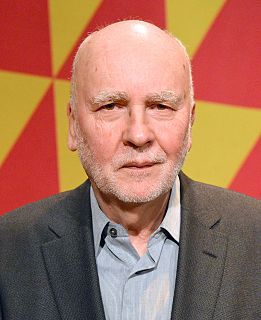A Quote by Virginia Woolf
Consolation for those moments when you can't tell whether you're the divinest genius or the greatest fool in the world.
Related Quotes
The very greatest genius, after all, is not the greatest thing in the world, any more than the greatest city in the world is the country or the sky. It is the concentration of some of its greatest powers, but it is not the greatest diffusion of its might. It is not the habit of its success, the stability of its sereneness.
There are moments in our lives, there are moments in a day, when we seem to see beyond the usual- become clairvoyant. We reach then into reality. Such are the moments of our greatest happiness. Such are the moments of our greatest wisdom. It is in the nature of all people to have these experiences; but in our time and under the conditions of our lives, it is only a rare few who are able to continue in the experience and find expression for it.
There is nothing so remote from vanity as true genius. It is almost as natural for those who are endowed with the highest powers of the human mind to produce the miracles of art, as for other men to breathe or move. Correggio, who is said to have produced some of his divinest works almost without having seen a picture, probably did not know that he had done anything extraordinary.
































